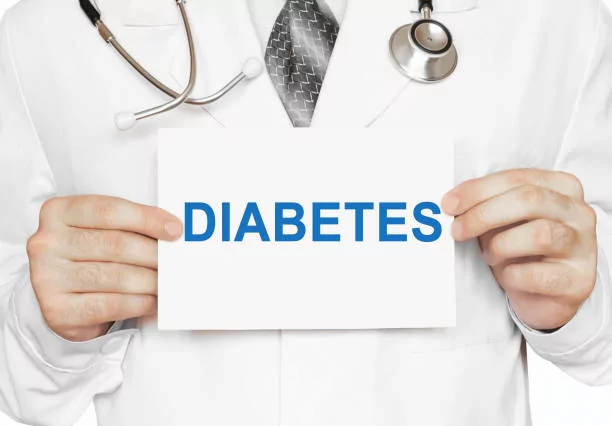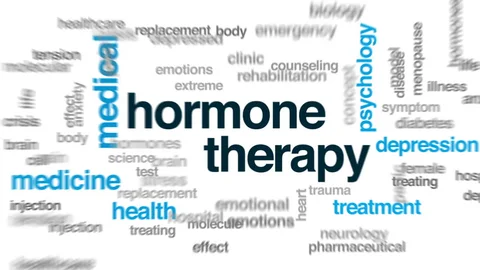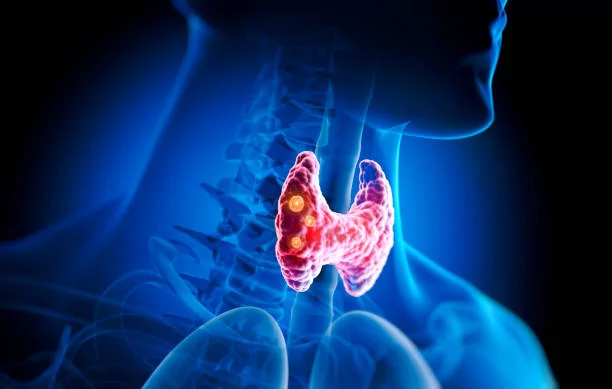5 Diseases Preventable with Optimized Hormones
The Importance of Hormones in Health and Disease Prevention
Hormones play a crucial role in maintaining our overall health and well-being. They not only regulate various bodily functions but also help in preventing and defending against chronic diseases. While there are numerous diseases that can be impacted by hormonal balance, this post will focus on the “Big 5”: Type 2 Diabetes, Obesity, Osteoporosis, Prostate Cancer, and Alzheimer’s.
Type 2 Diabetes:

Type 2 diabetes is a disease characterized by high levels of glucose (sugar) in the bloodstream. Insulin, a hormone produced by the pancreas, is responsible for allowing glucose to enter the body’s cells to be used as energy. In Type 2 diabetes, either insufficient insulin is produced, or the body is unable to use insulin effectively, leading to an accumulation of glucose in the blood. This condition can result in various complications such as blindness, kidney disease, nerve damage, heart attacks, and stroke.
Preventing and managing Type 2 diabetes primarily involves lifestyle interventions such as weight loss through diet and exercise. In some cases, medications and hormone interventions may be necessary. Regular screening and close monitoring of blood glucose levels are essential for maintaining optimal health.
Obesity:
Obesity is a complex condition that involves a combination of factors such as excessive calorie intake, physical inactivity, genetics, and hormonal imbalances. Both obesity and Type 2 diabetes can influence each other, leading to a vicious cycle of health complications.

One possible hormonal cause of obesity is hypothyroidism, which occurs when the thyroid gland does not produce enough thyroid hormones. However, it’s important to note that hormonal imbalances are relatively rare causes of obesity. Hormone replacement therapy, when combined with lifestyle and diet changes, may be helpful in combating obesity and related diseases.
Osteoporosis:

Osteoporosis is a condition characterized by reduced bone density and an increased risk of fractures. While commonly associated with post-menopausal women, men can also be affected. Several risk factors, including hormonal conditions and poor nutrition, can contribute to the development of osteoporosis. Hormonal imbalances such as hyperparathyroidism, hyperthyroidism, and diabetes can increase the likelihood of developing this condition.
Regular bone density tests, such as the DXA Scan, can help assess the risk of fracture and determine the need for treatment. Hormone replacement therapy has shown promise in improving bone density and preventing further bone loss, particularly in post-menopausal women. It’s worth noting that hypogonadism, a condition characterized by low testosterone levels, can also contribute to osteoporosis in men.
Prostate Cancer:
Prostate cancer is a prevalent disease that affects a significant number of men. It has long been believed that testosterone replacement therapy (TRT) could increase the risk of developing prostate cancer. However, recent studies (https://www.ncbi.nlm.nih.gov/pmc/articles/PMC3424887/) have challenged this notion, indicating that TRT has no negative impact on the risk of prostate cancer. In fact, TRT can have positive effects, especially for men whose prostate cancer is linked to hypogonadism. Properly administered testosterone replacement therapy can be beneficial for managing prostate cancer and related symptoms.

Alzheimer’s

Alzheimer’s disease is a devastating neurodegenerative disease that affects memory, cognitive function, and behavior. While its exact causes are still not fully understood, there have been promising developments in medical research. Studies and meta-analyses have shown that estrogen therapy, a form of hormone replacement therapy, can have positive effects on neurodegenerative diseases like Alzheimer’s (https://www.ncbi.nlm.nih.gov/pmc/articles/PMC3830600/). These findings suggest that hormonal imbalances and impaired energy metabolism may contribute to the development of Alzheimer’s disease.
If you’re experiencing symptoms like fatigue, sleep disturbances, mental fog, or a decrease in libido, you may be considering hormone replacement therapy (HRT). These symptoms are often attributed to the natural decline in hormone production as we age. However, with properly administered HRT, you can combat these symptoms and significantly improve your quality of life in later years.
At the Dragonfly MedSpa and Hormone Wellness, our mission is to help individuals live their best lives through evidence-based, custom-tailored Bio-identical Hormone Optimization Therapy (BHRT). If you’re interested in learning more about how hormones can improve your quality of life, contact our experts today. Take control of your hormone health and embrace the potential for a healthier and more vibrant future.







